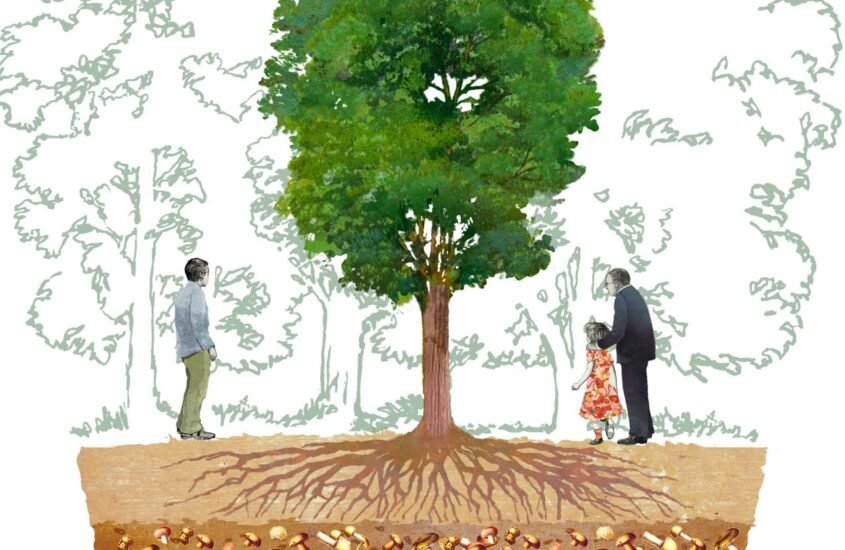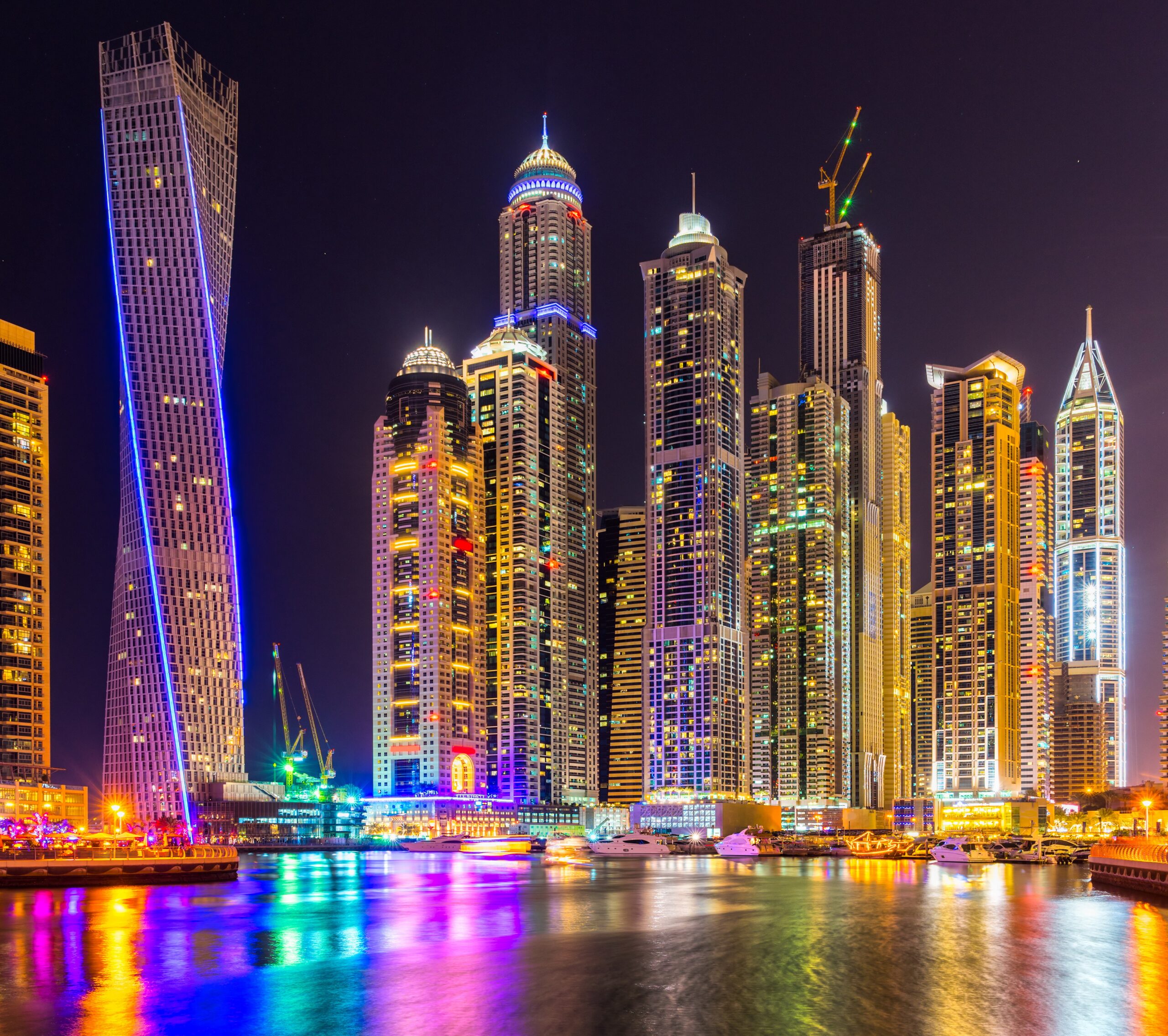
In a society that is increasingly eco-conscious, the concept of human composting is sprouting up across the United States, offering a green alternative to traditional burial and cremation practices. This method, also known as natural organic reduction, is transforming the way we think about life’s final chapter.
The Roots of Human Composting
Human composting accelerates the natural decomposition process, turning a body into nutrient-rich soil within weeks. It’s a practice that not only promises to reduce our carbon footprint but also provides a way to give back to the earth. In states like Arizona, new legislation has been passed to legalize this practice, reflecting a growing bipartisan support for eco-friendly deathcare options.
The Process: Returning to the Earth
The process is simple yet profound. A body is placed in a vessel with organic materials like wood chips and alfalfa, creating the perfect conditions for decomposition. After about 45 days, the result is a soil that can nourish new life.
The Blossoming Trend
Washington led the way in 2019, and since then, several states including California, Colorado, Oregon, New York, Nevada, and Vermont have followed suit. Now, with Arizona joining the list, the movement is gaining momentum. Bills are being introduced in other states too, driven by citizens’ calls for sustainable deathcare options.
The Debate: Ethics and Environment
While human composting is hailed for its environmental benefits, it has also sparked discussions around ethics and religious beliefs. Some oppose it on doctrinal grounds, while others embrace it as a personal choice that aligns with their values.
The Future: A Sustainable Legacy
As human composting gains traction, it challenges us to reconsider our impact on the planet, even in death. It’s a choice that aligns with the cycles of nature, allowing us to leave a legacy that supports the continuation of life.
In the end, human composting is more than just an eco-friendly option—it’s a statement about how we live and what we leave behind. It’s about embracing the cycle of life and death, and in doing so, nurturing the planet that has sustained us all along.









